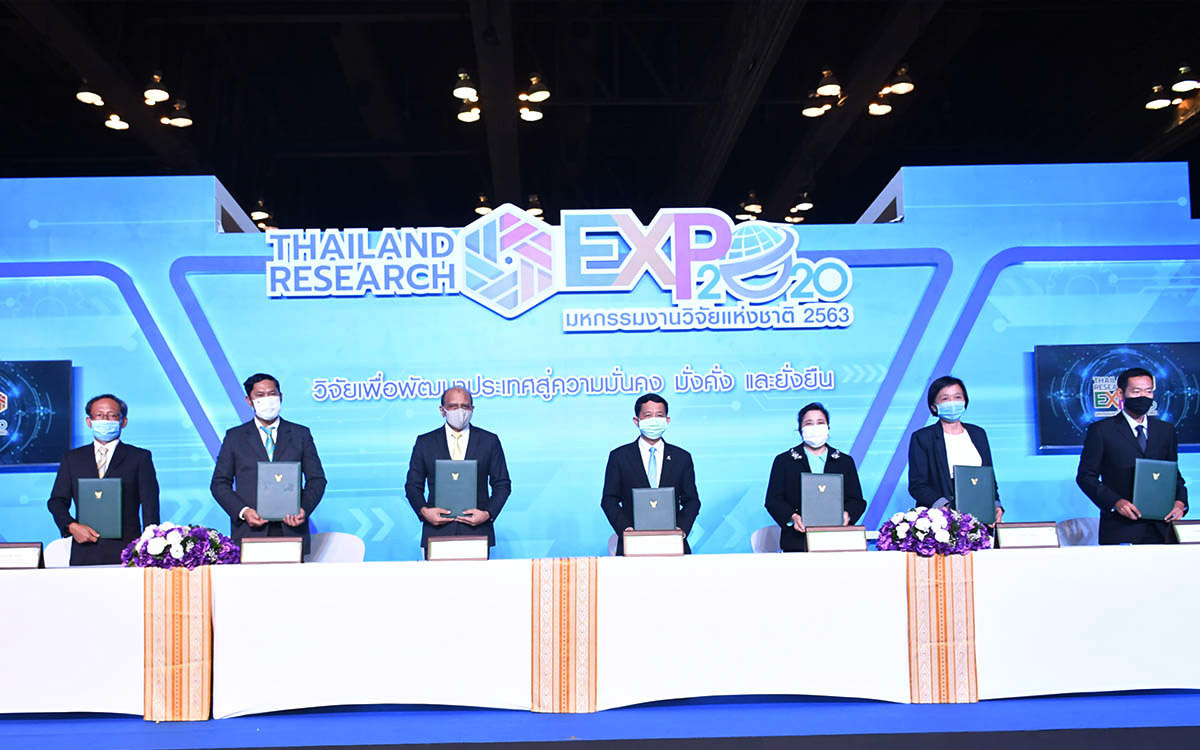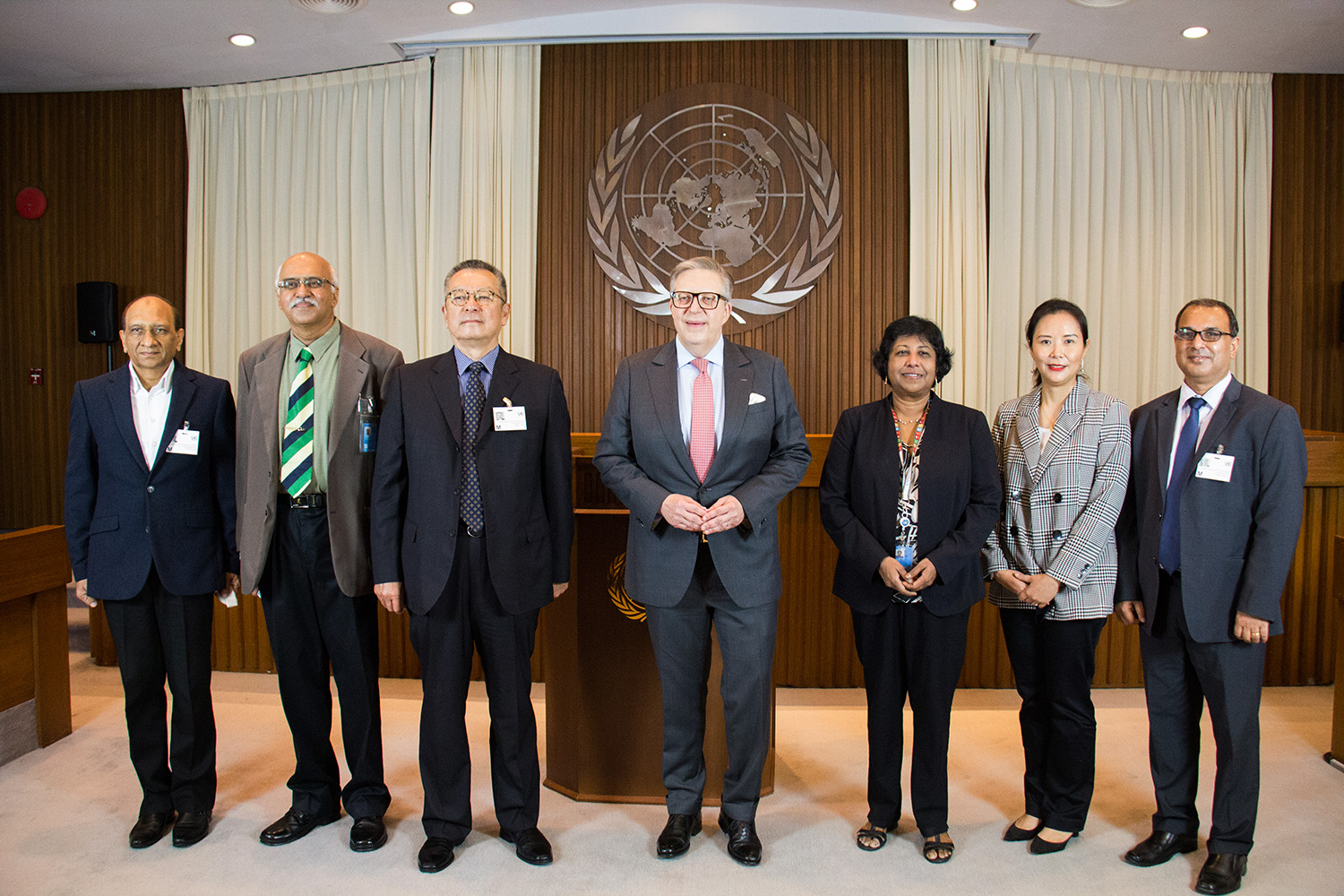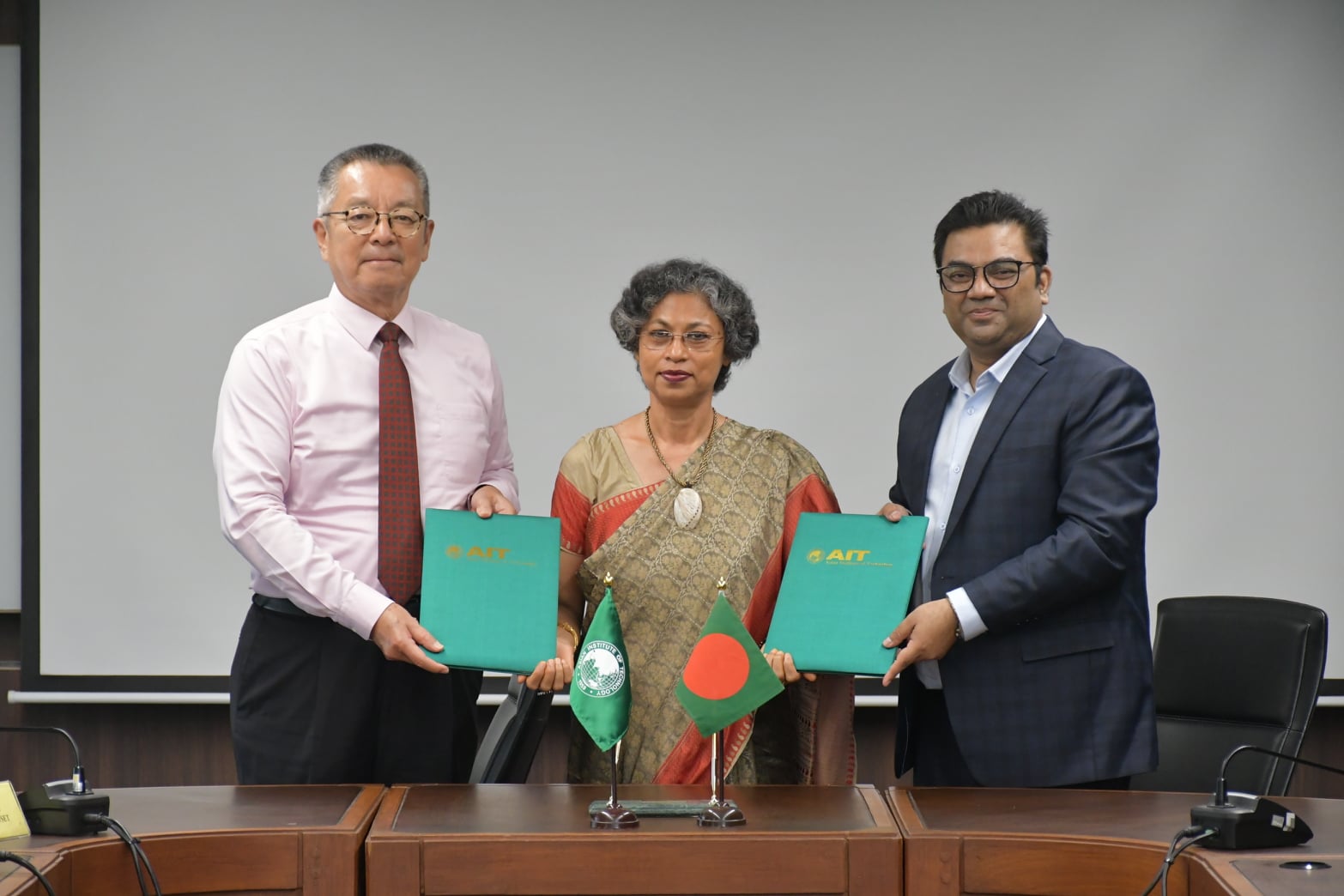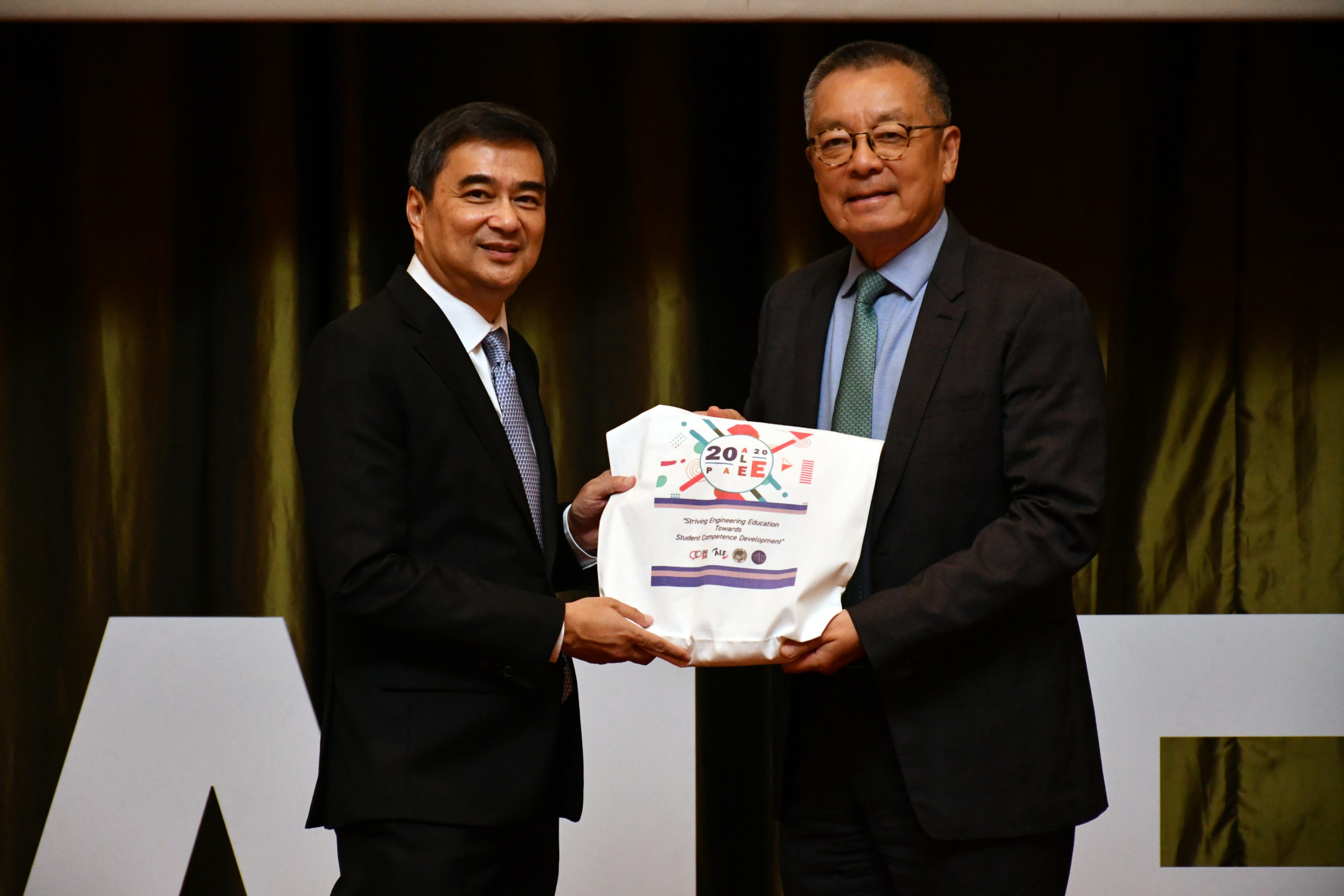SWITCH-Asia, supported by the European Union (EU), United Nations Environment Program (UNEP), and the Asian Institute of Technology (AIT) have joined forces to launch an online series of Policy Dialogues on Sustainable Lifestyles in Asia and offline courses on the Circular Economy.
AIT adds International Unified Bachelor’s-Master’s Program partner from University of Liberal Arts Bangladesh
Professor Anil Kumar Anal Edits a Special Issue on “FOOD SAFETY IN SOUTH EAST ASIA†as part of “FOOD CONTROL†Journal, Elsevier Publishers

Professor Anil Kumar Anal (HOD, Food Agriculture and Bioresources, School of Environment Resources and Development) in collaboration with Yves Wache (Umr, Pam, Agrosup, France), Professor Ralf Greiner (Max-Rubner Institute, Germany), Professor Weibia Zhou (National University Of Singapore, Singapore) and Dr. Son Chu-Ky (Hanoi University Of Science And Technology, Vietnam) as Editors has published a Special issue on “Food Safety in South East Asia” as part of Food Control Journal (Cite Score: 8.4; Impact Factor: 4.258) Elsevier publisher.
Update on AIT during Global Coronavirus Crisis August 30 2020

August 31, 2020
Since January of this year, the Coronavirus (COVID-19) crisis has spread across the world. By the end of August, the situation is excellent in Thailand—with no case of local transmission for almost 100 days, but there are places around the world, including several of the countries where our AIT students, faculty, and staff come from, which are still heavily affected.
AIT Alum leading Oracle Thailand Shares Insights on Tech Trends and COVID-19 Disruption
Former Thai PM Hon. Abhisit Vejjajiva Headlines International Conference on Active Learning in Engineering Education at AIT
AIT joins NRCT and 6 Thai provinces for research project on “Integrated Assessment of SDGs Using Earth Observation Technology for Bangkok Metropolitan Regionâ€

AIT, the National Research Council of Thailand (NRCT) and 6 provinces of Thailand including Bangkok, Nonthaburi, Pathum Thani, Nakhon Pathom, Samutprakarn and Samut Sakhon signed a memorandum of understanding (MOU) on 2 August 2020 to cooperate on the research project “Integrated Assessment of SDGs Using Earth Observation Technology for Bangkok Metropolitan Region (BMR).
The agreement represents a commitment of NRCT, AIT and the 6 provinces aimed at developing an integrated assessment of selected Sustainable Development Goals (SDGs) using Earth Observation (EO) technology in synergy with regional and local monitoring data and information applicable to the BMR. The project will be carried out during the next three years, covering: Phase 1 - development of a framework and integrated methodology, including stakeholder participation with priority SDGs and targets; Phase 2 - development of the EO technology for supporting the monitoring and assessment of identified SDGs indicators and demonstrate these methodologies; and Phase 3: development of good practices and interlinked strategies.
Three faculty members make their mark as editors

Three faculty members from the AIT School of Engineering and Technology and AIT School of Environment, Resources and Development contributed as editors to newly released books and a journal.
Fisherfolk in Cambodia, India and Sri Lanka - Migration, Gender and Well-being" – the first edition of the book co-edited by Prof.






